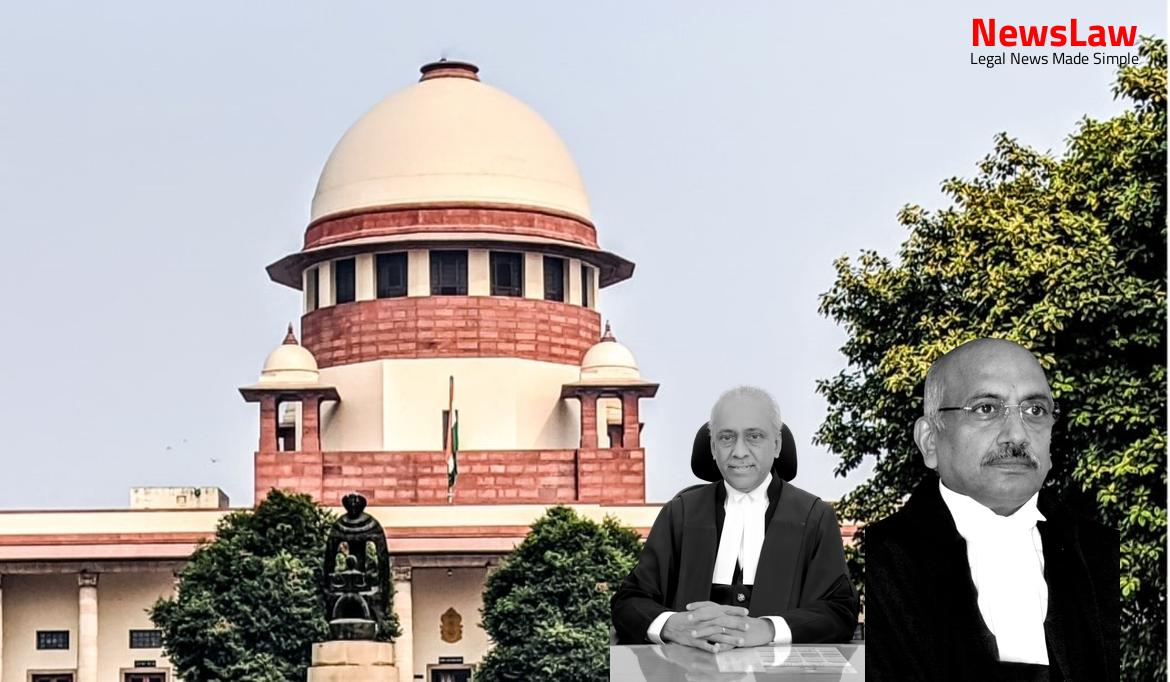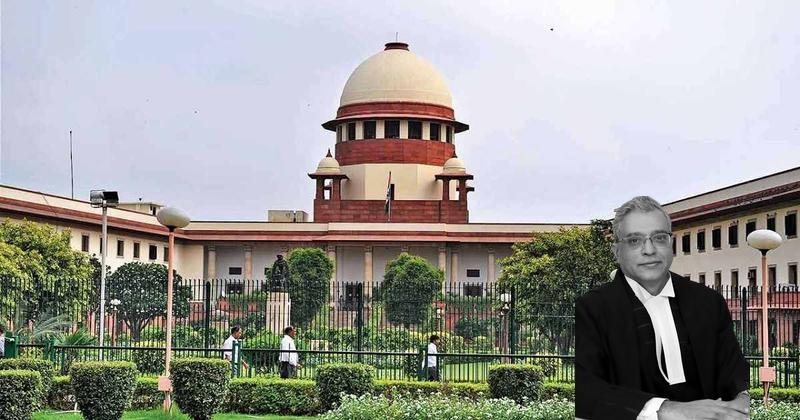In a recent legal case, the court delved into the nuances of license deed restrictions and their impact on property ownership claims. The court’s thorough analysis highlighted the importance of adhering to the terms specified in license deeds and the legal implications of violating such terms. Join us as we explore the complexities of property ownership in light of license deed restrictions.
Facts
- The occupant claimed ownership of the property based on the transfer of the shop in 2000.
- The occupant relied on Circular dated 25.7.1996 and a policy adopted by the Government in pursuance of a Cabinet decision dated 31.8.2000 for ownership rights.
- The Estate Office ordered eviction of the allottee from whom the occupant purchased the stall in question.
- The Council’s appeal against the eviction order was dismissed by the court.
- The Ministry of Urban Development transferred certain markets to the Council and Municipal Corporation of Delhi in 2006.
- The Single Bench allowed two writ petitions stating the policy regarding ownership substitution/mutation should be consistent.
- The occupant was held entitled to regularization of allotment according to Council’s policies.
Also Read: Interpretation of Will and Hindu Succession Act: Legal Analysis
Arguments
- Learned counsel for the appellant argued that the license deed from 1998 prohibited subletting of premises and induction of a partner
- Reference was made to clauses 8 and 14 of the license deed to support this argument
- The notice published on 6.8.2001 argued to not be applicable to stalls at Baba Kharag Singh Marg market.
- The administrative decision of the Cabinet dated 20.10.1989 was argued to have ceased to operate.
Also Read: Analysis of High Court’s Decision on Registration Certificate and Onus of Proof in Sales Tax Case
Analysis
- Interdepartmental communications are not enforceable orders.
- Council’s rights are to administer properties delegated by Government of India, not as owners.
- Revenues generated from markets to be utilized for market development only.
- Clear stipulations in license deed regarding partnerships and subletting.
- Policies of transfer of allotments to be made 60 days before license expiry.
- The occupant’s actions were in violation of the license terms.
- The Council administers properties on ‘as is where is’ basis.
- Regularization/restoration of allotments in accordance with Union policy, not Council’s.
- Inconsistencies in occupant’s reliance on various policies and orders.
- The transfer of markets to be dealt with separately from properties owned by the Council.
- The orders passed by the Division Bench of the High Court and the Single Bench of the High Court are found to be erroneous in law.
Also Read: Legal Analysis on Surrender of Tenancy Rights
Decision
- Order of eviction affirmed by the Additional District Judge on 5.12.2006 is restored.
- Occupants granted time to vacate and hand over possession by 30.11.2021.
- Appeals allowed and set aside.
Case Title: NEW DELHI MUNICIPAL COUNCIL Vs. GANGA DEVI . (2021 INSC 549)
Case Number: C.A. No.-000310-000310 / 2015



